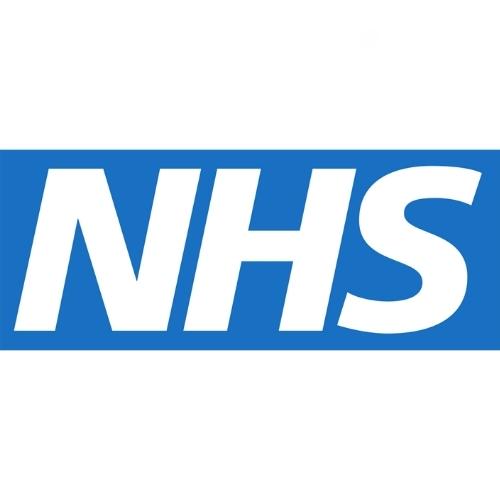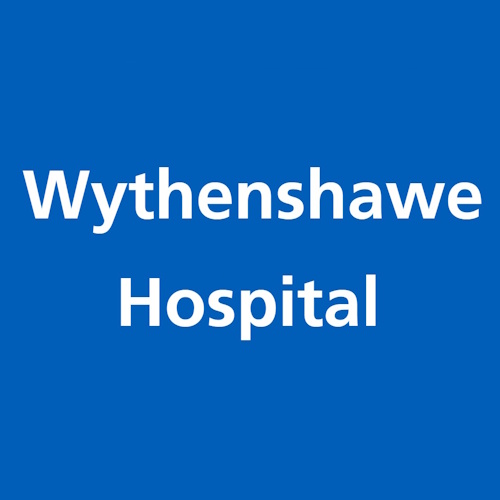Key points from article :
On World Lung Cancer Day 2025, the NHS North West is showcasing the impact of artificial intelligence (AI) and mobile screening in transforming lung cancer care. At Wythenshawe Hospital in Manchester, clinicians are using advanced AI tools developed by Annalise.Ai to analyse chest X-rays and CT scans, speeding up the detection of lung cancer and improving outcomes. This tool, supported by the UK government’s AI Diagnostic Fund, flags high-risk scans in under a minute, enabling doctors to prioritise urgent cases. As a result, it has helped avoid around 1,400 unnecessary CT scans and 1,000 urgent referrals, easing pressure on waiting lists and accelerating care.
In addition to AI, a cutting-edge robotic device known as the Ion system is being used to examine hard-to-reach areas of the lung. This minimally invasive technology allows doctors to obtain faster, more accurate diagnoses, and Wythenshawe is among the first hospitals in Europe to use it. These innovations support the NHS’s 10-Year Health Plan, which is focused on moving from analogue to digital healthcare delivery.
The NHS Lung Cancer Screening Programme, another key initiative, offers mobile lung health checks to people aged 55–74 with a history of smoking. These community-based services are making it easier for people to get screened, with nearly 2,000 lung cancers already detected in the North West alone. Locations currently offering the programme include Wirral, Preston, Bolton, Stockport, and Trafford.
Dr Michael Gregory, NHS England’s Regional Medical Director for the North West, emphasised the importance of early diagnosis: “Lung screening can detect lung cancer before symptoms appear, making it more treatable and potentially life-saving.” With lung cancer affecting about 48,000 people and causing 35,000 deaths each year in the UK, the integration of AI and mobile screening is offering new hope for timely diagnosis and improved survival rates.







